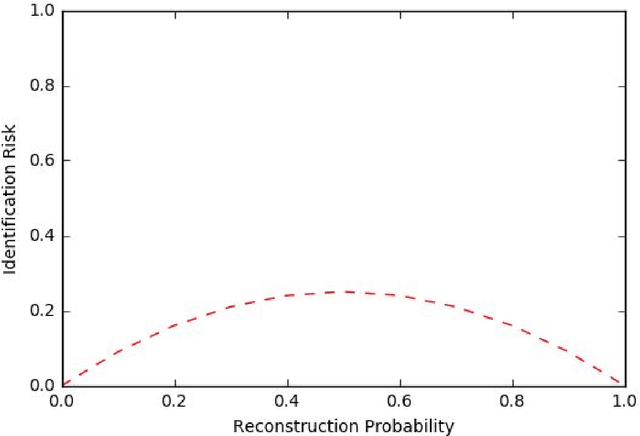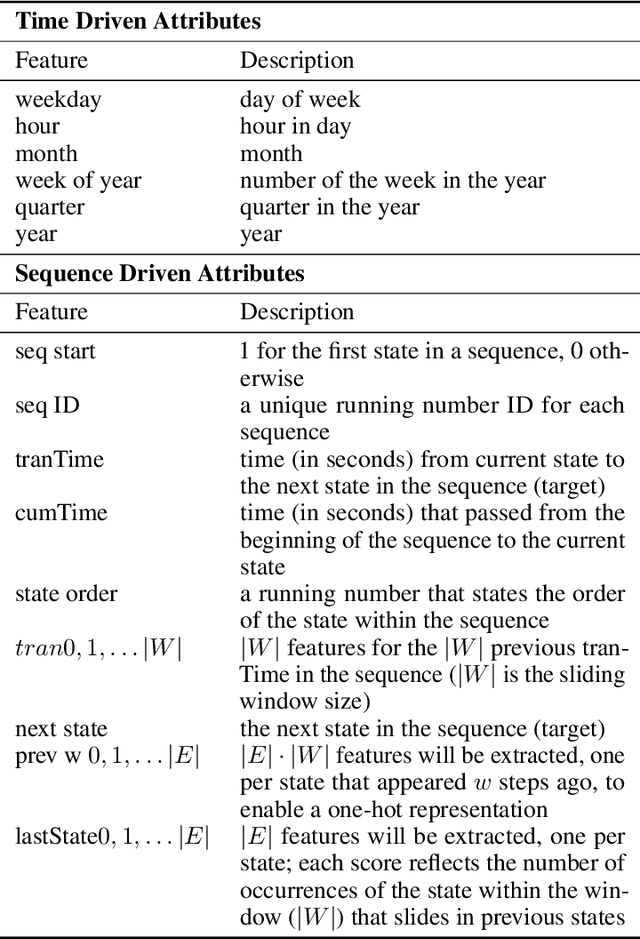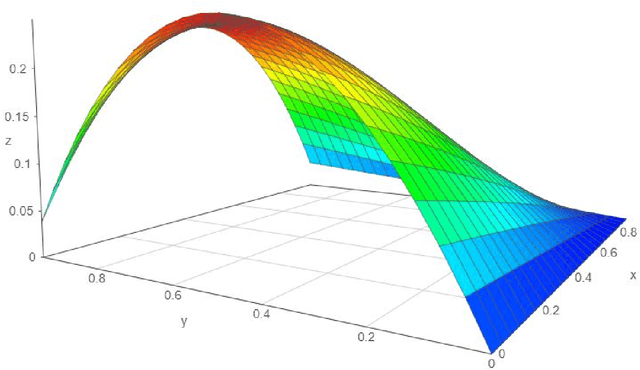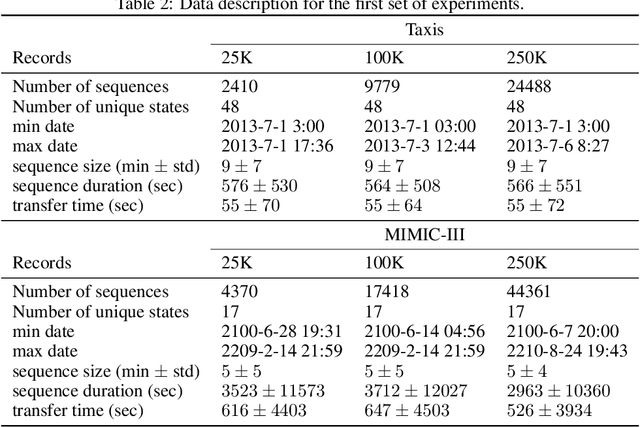PrivGen: Preserving Privacy of Sequences Through Data Generation
Paper and Code
Feb 23, 2020



Sequential data is everywhere, and it can serve as a basis for research that will lead to improved processes. For example, road infrastructure can be improved by identifying bottlenecks in GPS data, or early diagnosis can be improved by analyzing patterns of disease progression in medical data. The main obstacle is that access and use of such data is usually limited or not permitted at all due to concerns about violating user privacy, and rightly so. Anonymizing sequence data is not a simple task, since a user creates an almost unique signature over time. Existing anonymization methods reduce the quality of information in order to maintain the level of anonymity required. Damage to quality may disrupt patterns that appear in the original data and impair the preservation of various characteristics. Since in many cases the researcher does not need the data as is and instead is only interested in the patterns that exist in the data, we propose PrivGen, an innovative method for generating data that maintains patterns and characteristics of the source data. We demonstrate that the data generation mechanism significantly limits the risk of privacy infringement. Evaluating our method with real-world datasets shows that its generated data preserves many characteristics of the data, including the sequential model, as trained based on the source data. This suggests that the data generated by our method could be used in place of actual data for various types of analysis, maintaining user privacy and the data's integrity at the same time.
 Add to Chrome
Add to Chrome Add to Firefox
Add to Firefox Add to Edge
Add to Edge